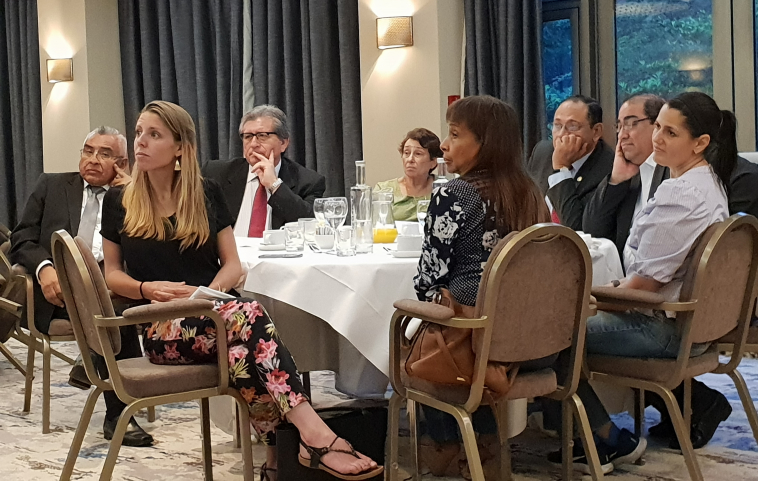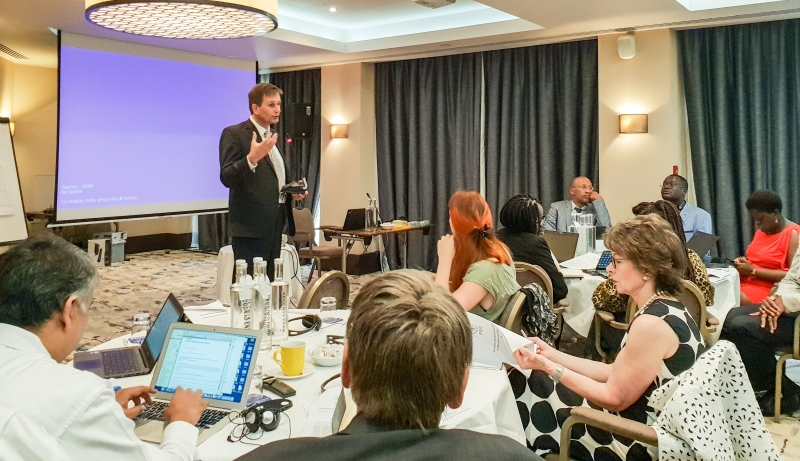Plans of action for all women
In the Latin American region most countries have a legal framework that only allows termination of pregnancy if a woman’s life is at risk.

Physicians are often unsure of the scope of the law and are therefore afraid to act in many situations. In addition women have little access to safe abortion, even in cases where their medical condition warrants a legal termination. In both cases this is caused mainly by lack of knowledge of the country’s abortion laws and of the protocols and guidelines approved by the Ministries of Health.
Last week’s Needs Assessment Finalisation and Phase II Planning Workshop for FIGO’s Safe Abortion Project meeting was held to evaluate the results of the Phase 1 needs assessment stage in ten participating member countries. Attendees came from Cameroon, Cote d’Ivoire, Kenya, Mozambique, Panama, Peru, Uganda and Zambia, with each country providing the group with valuable information which will enable us to implement an advocacy strategy that will contribute to improve access and care.
In my opinion, the three top learning outcomes of the meeting were:
- To advocate for better access to safe abortion, the first step is to increase knowledge of the law and guidelines among the society members.
- A communication strategy must be designed to contribute to dispel stigma and discrimination of both the women and the health providers.
- In order for this project to be successful, strong alliances with Ministry of Health representatives, members of other medical societies, NGOs, agencies involved in work on the subject and civil society must be formed and /or strengthened if they already exist.
We must all work together towards the same goal; for even though the societies have a great responsibility as leaders of change, they can’t do it alone.
My favorite part of the meeting was getting to know or working again with colleagues from two continents: Africa and South and Central America. Professionals who are committed and willing to work to improve women’s health and who, for the most part, have very similar challenges to overcome even though they come from different cultures. It was interesting to see the results that KIT’s very comprehensive assessment yielded.

Together we planned for Phase II of the project, agreeing to focus on capacity building for advocacy. The main changes I expect to see would be:
- Gaining an increased knowledge and understanding of the legal framework among the medical and paramedical community.
- Advocating for greater acceptance, less stigma and discrimination and improved quality of care for the women undergoing abortion.
- Increasing awareness among the general population of women’s sexual and reproductive rights.
- Ob-Gyn societies increasing capacity and developing a group of well-trained members to advocate for safe abortion within the limits of each country’s legal framework.
I do hope the Plans of Action designed by each country attending our workshop will contribute to the core project deliverable: To raise capacity and enable Ob-Gyn societies to lead advocacy efforts that will ensure the provision of safe abortion services for all women.
This news item has been contributed by:
Marina Padilla de Gil
Regional advisor for Latin America Safe Abortion Project
Salvadorean Society of Obstetrics and Gynecology, San Salvador
El Salvador